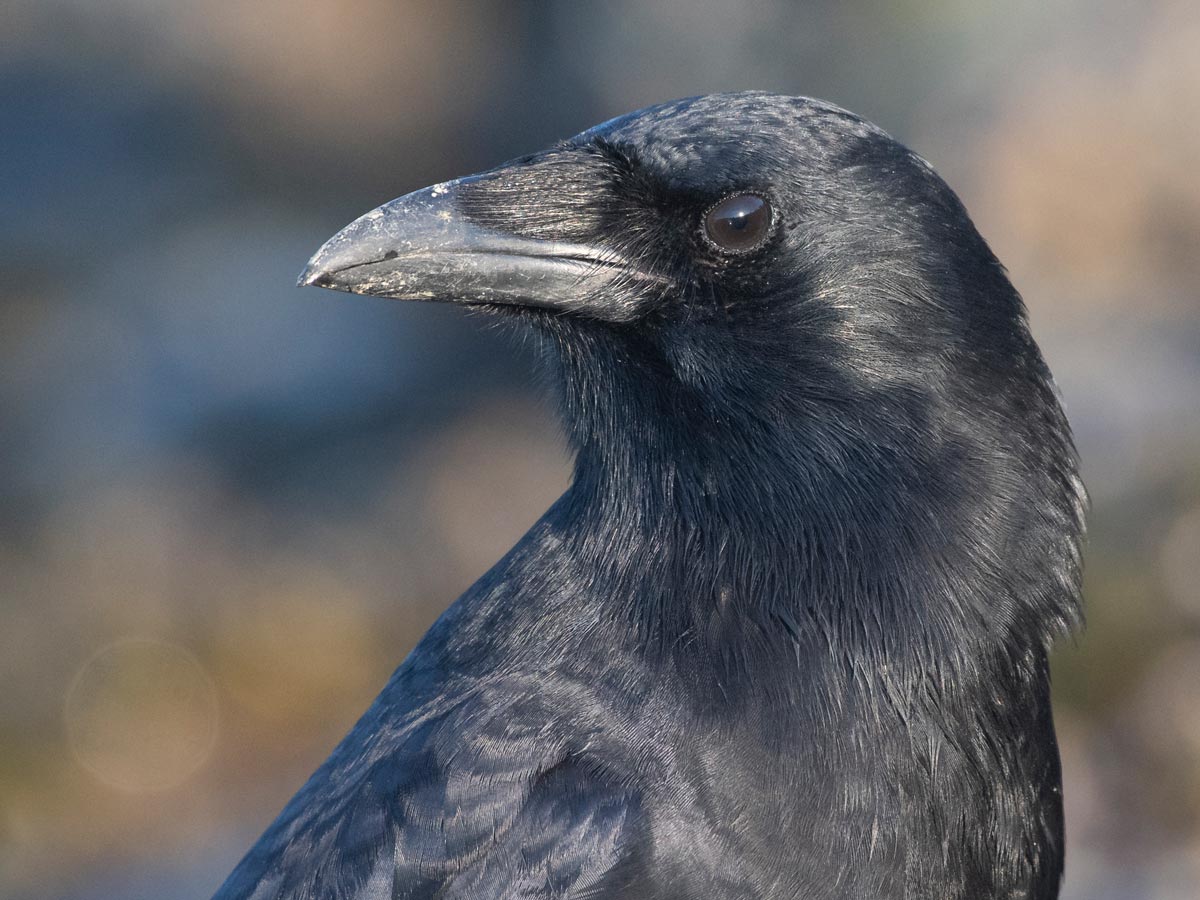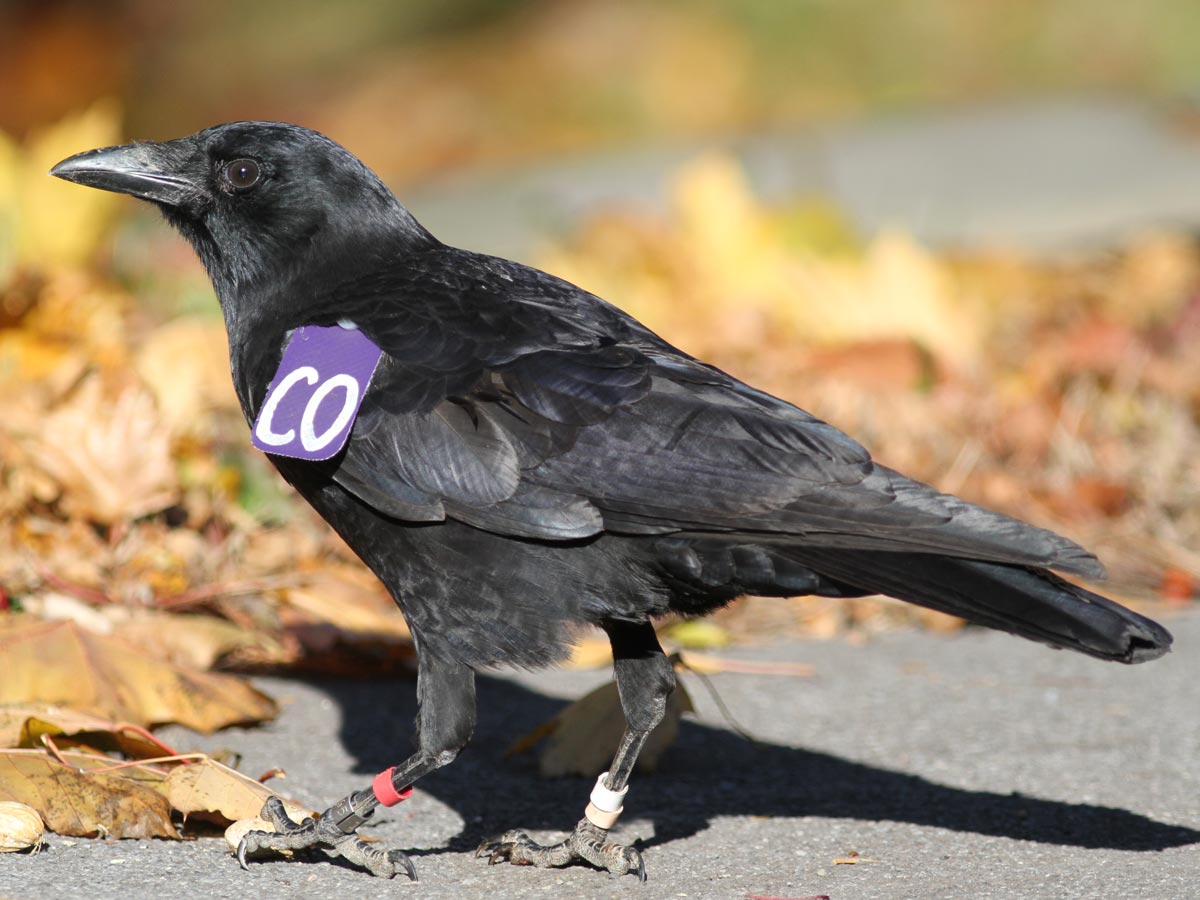[ad_1]

From the Autumn 2022 situation of Dwelling Chicken journal. Subscribe now.
Cornell College has documented American Crows surviving the deadly West Nile virus illness for the primary time ever.
In analysis revealed in Could within the Journal of Avian Drugs and Surgical procedure, scientists at Cornell’s Janet L. Swanson Wildlife Hospital documented the immune response of 5 crows from 2017 to 2018 that obtained remedy and had been efficiently launched again into the wild. Throughout their hospital stays the crows obtained supportive care, together with fluid remedy, B-vitamin supplementation, and antiparasitic remedy, amongst different remedies.
Prior to those recoveries, crows recognized to have contracted West Nile Virus had a 100% mortality price.
“[Crows with West Nile virus] get very sick in a short time and shut down. They often die inside 4 days of being contaminated,” says Kevin J. McGowan, a scientist and crow knowledgeable on the Cornell Lab of Ornithology. “That is the primary time any American Crow has survived [to my knowledge].”
McGowan is a course developer and teacher for the Cornell Lab’s Chicken Academy, the place he leads a web-based class entitled The Hidden Lifetime of the American Crow. Over greater than 30 years, he has studied, banded, and tracked greater than 3,000 crows round Ithaca, New York.
“The variety of crows dropping useless in 1999 was really the rationale that we knew there was some sort of new illness happening within the first place,” McGowan mentioned. “[In Ithaca] we’d get calls from locals on a regular basis about sick and useless crows of their backyards.”

In accordance with McGowan, over half of the native American Crow inhabitants round Ithaca succumbed to the illness throughout a wave in 2002 (when he collected over 35 useless crows in his freezer, all of which had been banded birds from his research inhabitants). One other outbreak in 2012 once more killed about half of the native Ithaca crows, he mentioned. New York Metropolis notably misplaced virtually 6,000 crows in simply 4 months in 1999 when West Nile Virus first appeared in america.
Greater than 250 fowl species are inclined to West Nile virus, however it’s deadliest to corvids and raptors—together with jays, magpies, ravens, eagles, hawks, owls, and particularly American Crows. There’s a vaccine out there for birds, however widespread vaccination of untamed fowl populations isn’t possible. As an alternative, scientists hope the Cornell research proves that crows are able to overcoming West Nile virus, and that wildlife rehabilitation would possibly assist native crow populations turn into extra proof against the virus.
“Their most necessary safety will probably be no matter maternal immunity the crows can cross to their offspring,” mentioned lead creator Cynthia Hopf-Dennis, a Cornell medical assistant professor of zoological drugs. “My hope is that once we return crows to the wild after remedy and rehabilitation, they’re able to contribute to a stronger inhabitants that is ready to survive the virus and supply some degree of safety to their offspring.”
In accordance with McGowan, the recoveries may imply a brand new chapter for crows and West Nile virus.
“It’s been pure demise for 20 years,” he mentioned. “It is a signal of sunshine and we’ll take it. We’re extraordinarily glad to have these crows survive and have the ability to get again on the market, absolutely recovered.”
Meher Bhatia’s work on this story as a scholar editorial assistant was made potential by the Cornell Lab of Ornithology Science Communications Fund, with help from Jay Branegan (Cornell ’72) and Stefania Pittaluga.
[ad_2]